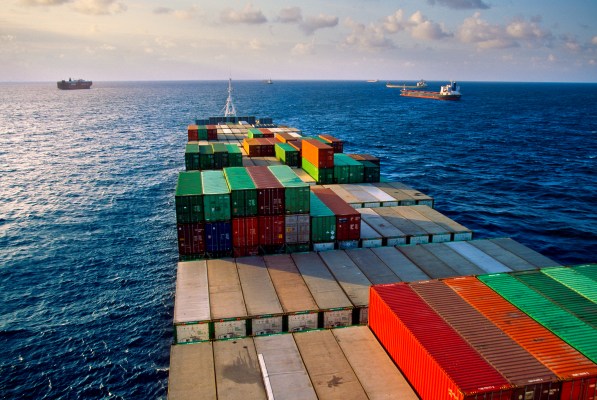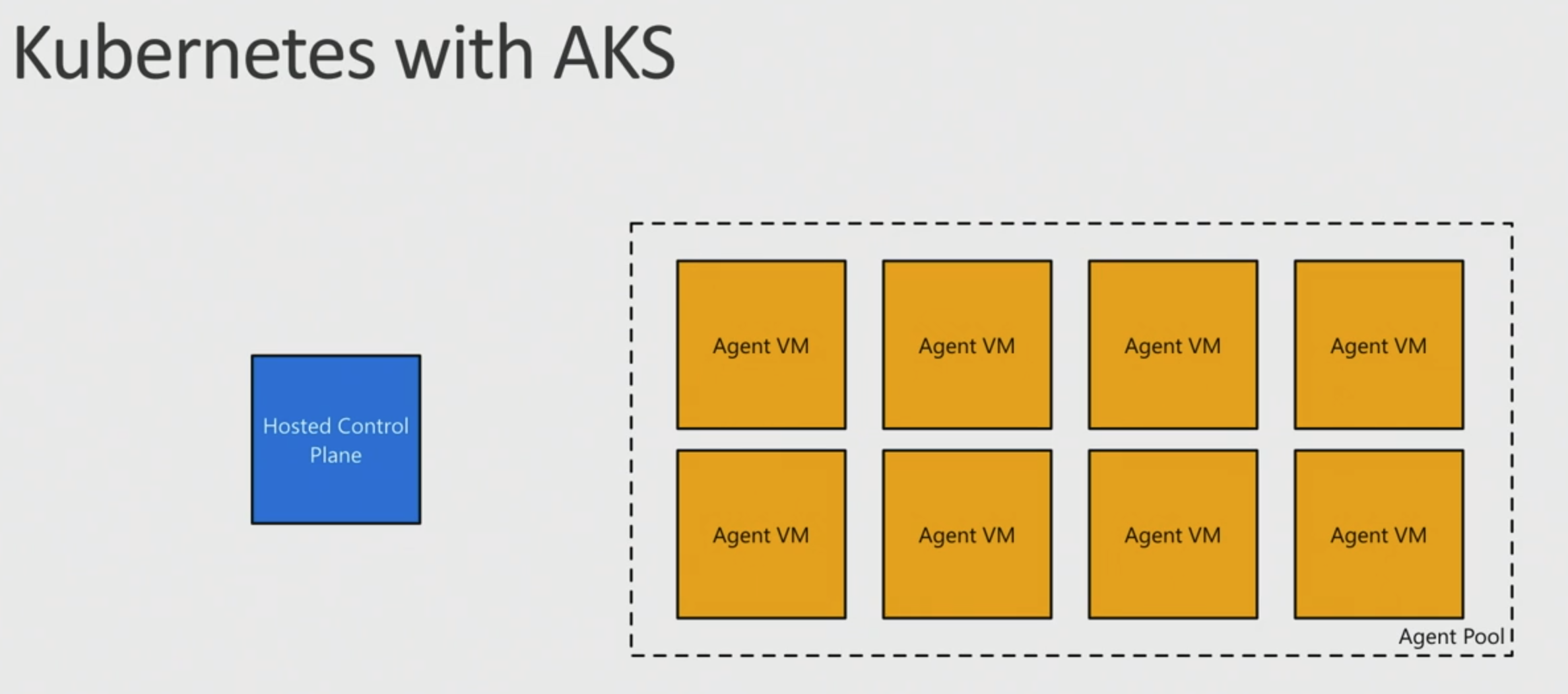As far as container orchestration goes, Kubernetes is quickly becoming the de facto standard, even as Docker Swarm and Mesos/Mesosphere DC/OS continue to find their own niches. For the longest time, Microsoft argued that one of the advantages of its managed Azure Container Service (ACS) was its support for multiple orchestration tools, but that’s shifting a bit today and Microsoft is changing the acronym for the Azure Container Service to “AKS.”
As you can probably guess, that stray “K” stands for Kubernetes, and Microsoft is clearly shifting the focus of the service to this orchestrator, even as it isn’t changing the actual name.
The new AKS, which provides managed Kubernetes on top of Azure, is now in preview.
With AKS, Microsoft is putting its focus squarely on Kubernetes. Gabe Monroy, Microsoft’s PM lead for containers on Azure, says the container service grew 300 percent over the last six months and that it has seen its “customers fall in love with our current Kubernetes support.” Like similar services, the idea here is to make it as easy as possible for Azure users to manage and operate their Kubernetes environments.
It’s worth noting that using AKS itself is free, but you still pay for the VMs that actually run your containers, of course. That’s unlike the Google Container Engine, which charges users a flat fee per hour and cluster on its service. It’s a small fee, but it’s not free.
Microsoft stresses that it is seeing continued interest in Docker Enterprise and Mesosphere’s DC/OS and that it will continue to support the existing ACS deployment engine. “To address the needs of our mutual customers, we are continuing to work with Docker and Mesosphere to offer enhanced integration of their enterprise offers in our Azure Marketplace,” Monroy writes in today’s announcement. “The Azure Marketplace provides the same easy deployment as ACS, while adding easy in-place upgrades to enterprise editions, which offer value-added commercial features and 24×7 support.”
Earlier this year, Microsoft acquired Deis — a company that was very much focused on Kubernetes — and it also recently joined the Cloud Native Computing Foundation, which counts Kubernetes as one of its main projects. Brendan Burns, one of the co-creators of Kubernetes, now also leads the Azure container efforts. All of these moves are about as strong as an endorsement for the open-source project as you’ll find.


